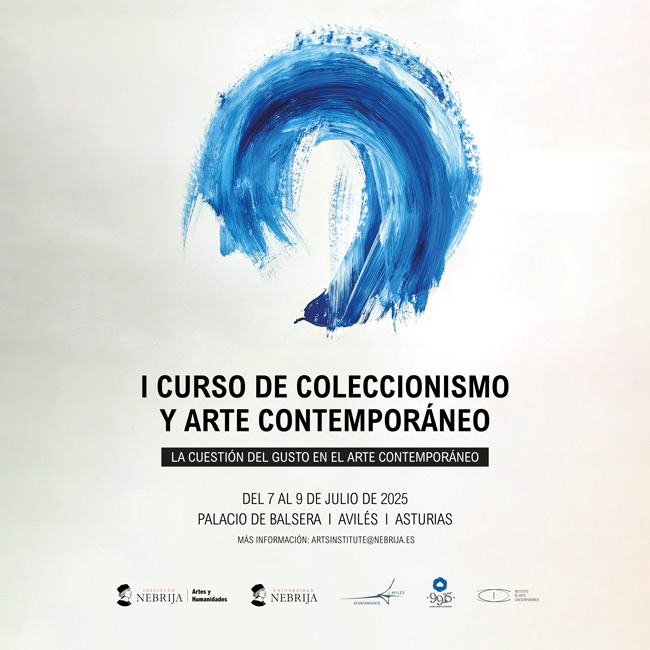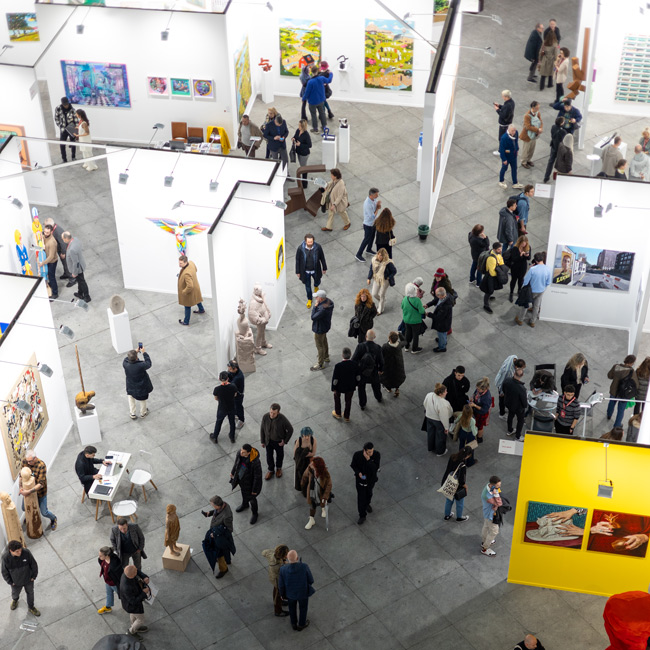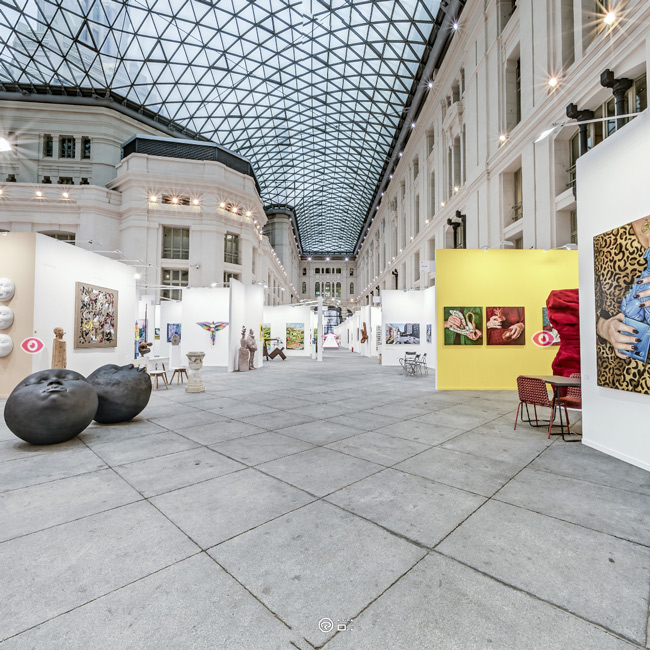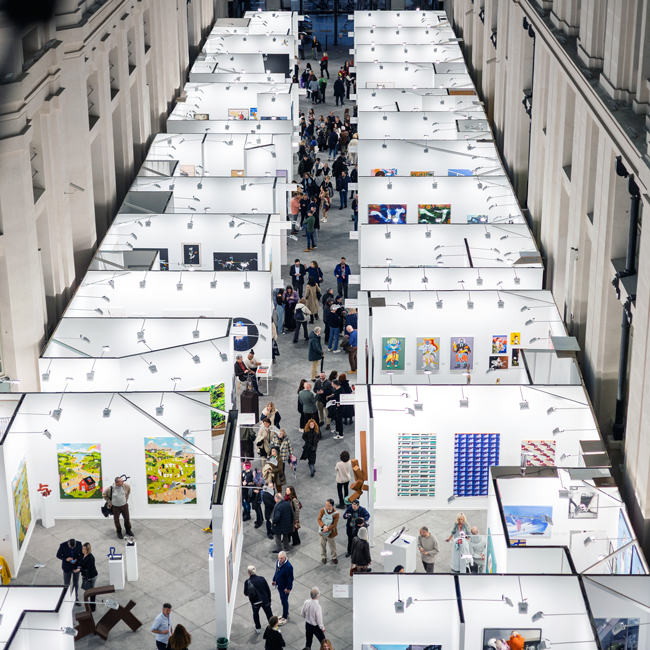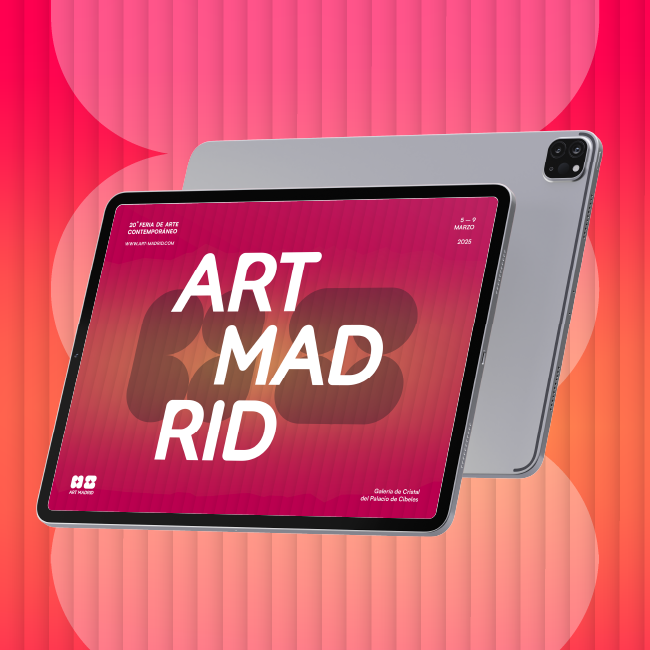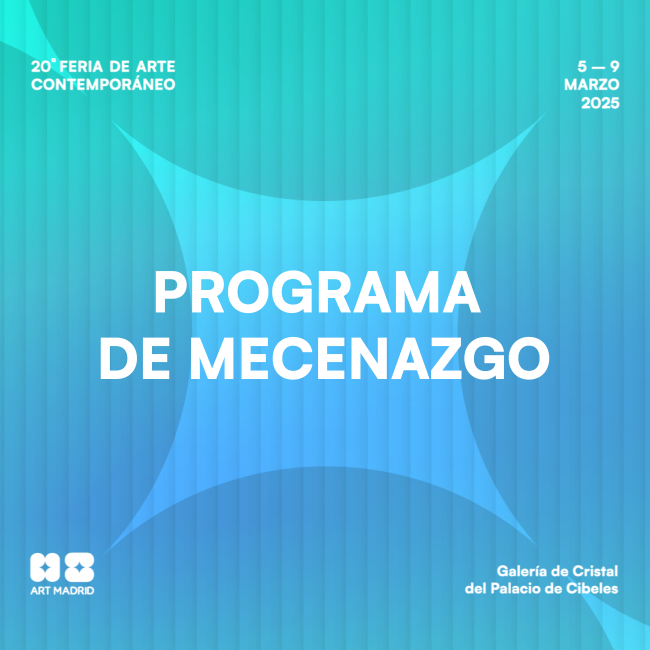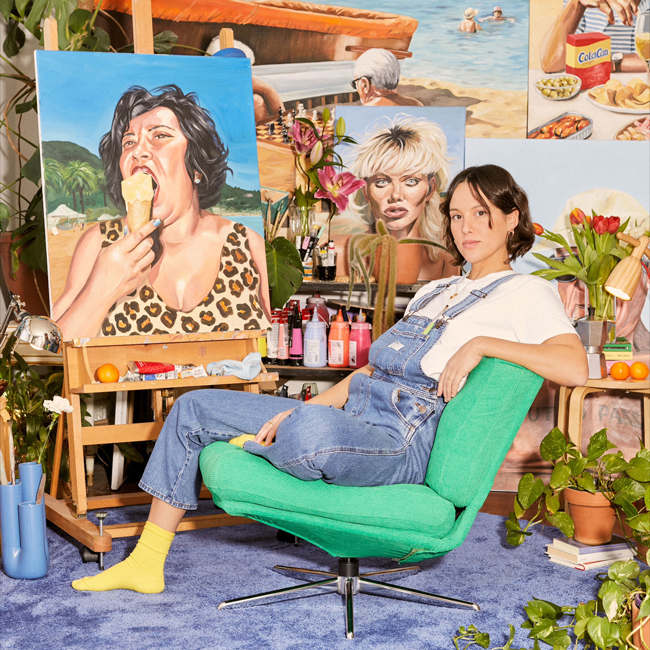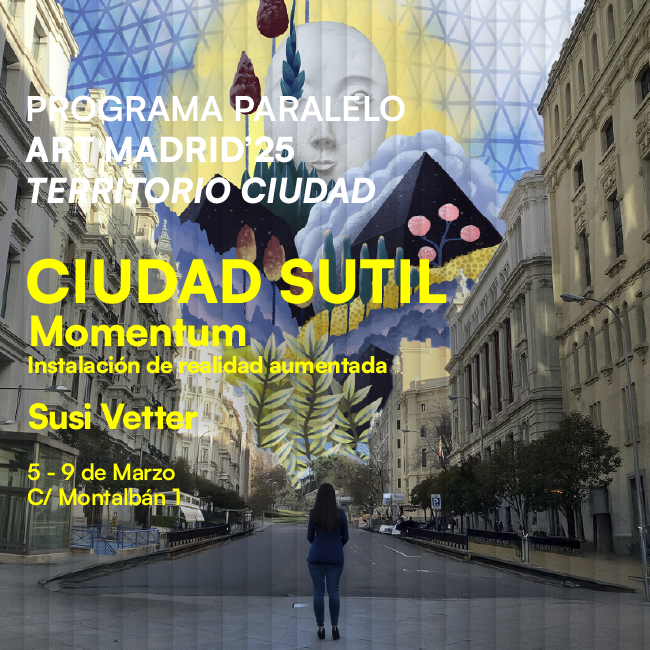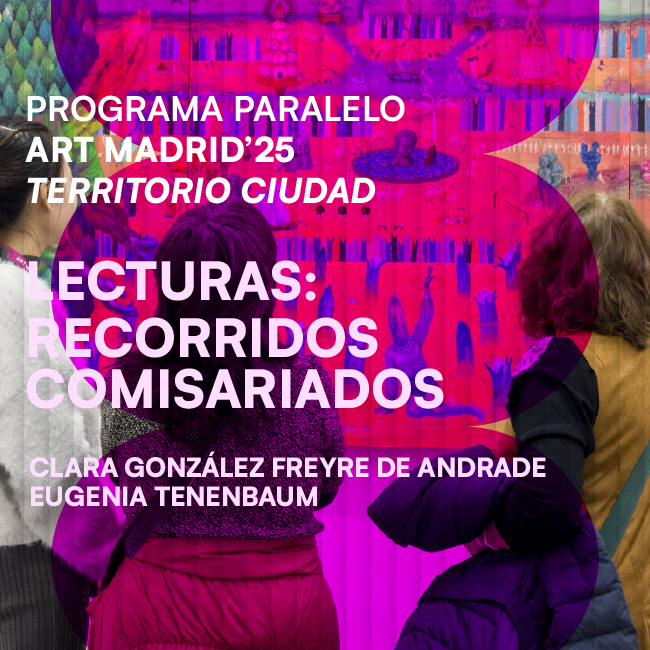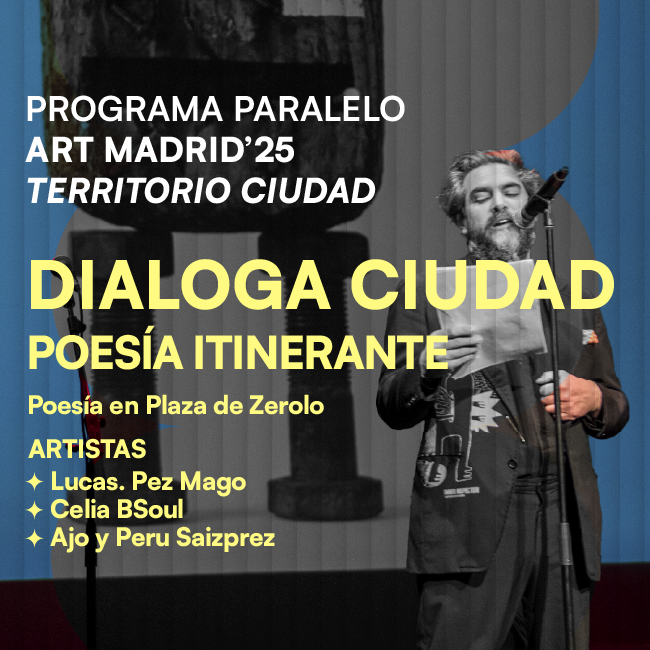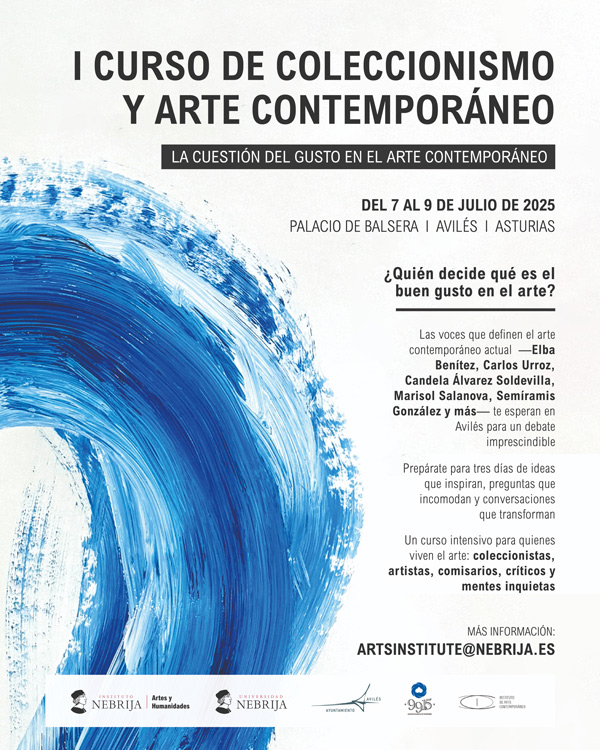Juvenal Ravelo. A timeless artist
Jan 23, 2024
art madrid
It's happened again! Latin American art will shine in the next edition of Art Madrid with the presence of more than twenty artists represented by national and international galleries as part of the General Galleries Program of Art Madrid'24.
For our next edition, we will have the presence of Juvenal Ravelo, (Monagas, Caripito, Venezuela, 1934) and we want to share with you how fortunate we feel to have one of the greatest exponents of kinetic art in Latin America.
The artist Juvenal Ravelo, winner of the National Culture Prize in the Plastic Arts category (Venezuela 2008), has been invited to exhibit in the Venezuelan pavilion at the 60th edition of the Venice Biennale, to be celebrated from April 20 to November 24, 2024, under the premise: Foreigners Everywhere, curated by Adriano Pedrosa, artistic director of the MASP (Museu de Arte de São Paulo Assis Chateaubriand).
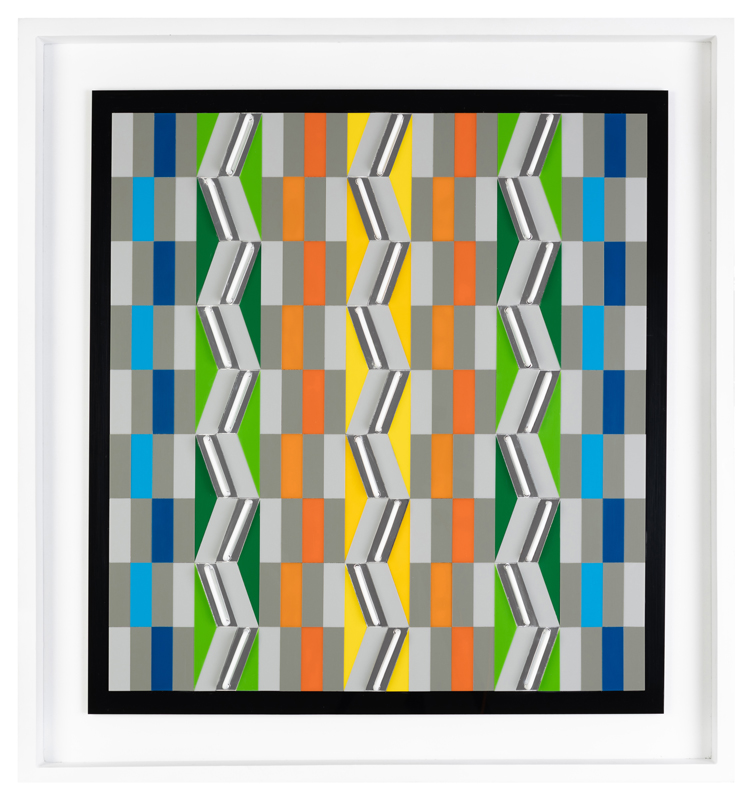
Juvenal Ravelo is one of the most prestigious Latin American artists of his time, a master of kinetic art, a pioneer in thinking about the social impact of art in the community, and one of the references of participatory art in the region. And he will be with us at Art Madrid'24, represented by Kleur Gallery. Based in Santiago de Chile and directed by Mauricio Ceballos since its creation in 2014, Kleur Gallery specializes in bringing together artists of different generations who work in the field of abstraction.The gallery's proposal at Art Madrid stands out for the unquestionable beauty and the infinity of physical-spatial possibilities that the new trends take from the genesis of kinetic art, promoting a dialogue between tradition and renovation, under the spectrum of those transformable realities bequeathed by the kinetic movement that emerged in Paris in the mid-twentieth century.
From Europe to Latin America, the current of abstraction has left us masters such as Carlos Cruz Diez, Gego, Carmen Herrera, Jesús Rafael Soto or Julio Le Parc. But the influence of the kinetic movement was more than unidirectional, as Latin American artists moved to other contexts and realities, immersing themselves in the principles of an art form that was permeated with changes in the _perception of real time. _This was the case with Juvenal Ravelo, who decided to go to France in 1964 to study the principles of Kineticism and Constructivism and to delve into the facets of the sociology of art.
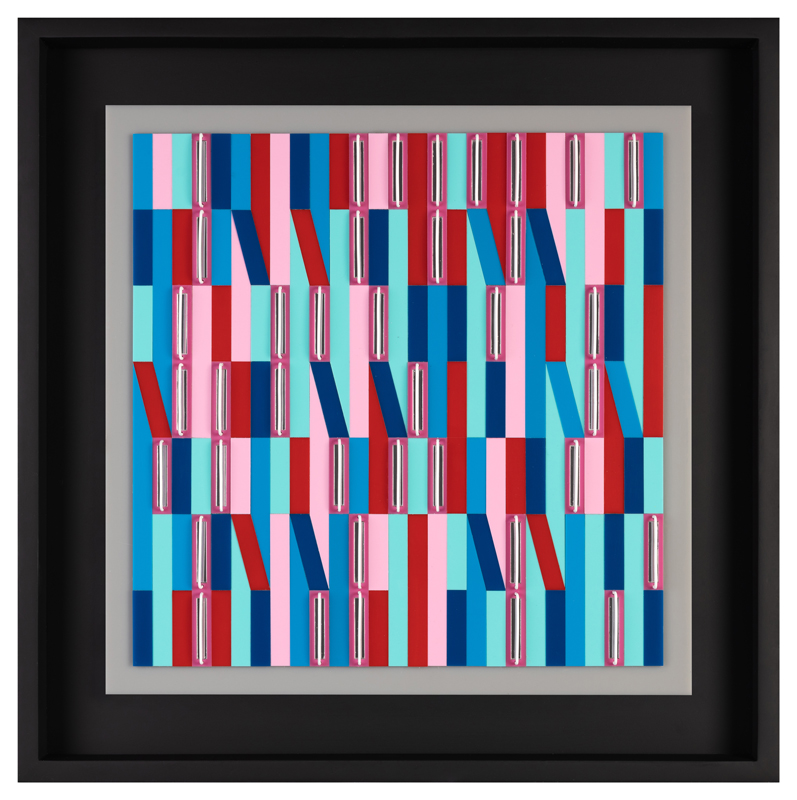
Juvenal Ravelo has lived in Paris for more than thirty years, during which time he has periodically visited his native Venezuela. He has carried out participatory initiatives to bring creation to the streets and to educate citizens, a kind of sensitivity that would make him an active spectator. The integration of the community into the artistic fact, the development of projects aimed at involving the viewer as a participant in the creation of works subject to movement and the perception of visual rhythms, are intertwined to accommodate the symbolic value of a proposal dedicated to social issues. In this way, his initiatives aimed at creating works in the public space have given form to an operation that has made the _Art of participation in the street _one of the most recognizable signs of his artistic trajectory.
Another of his most relevant projects is the "Open Air Museum", which he initiated in his community of Caripito and with which he opened the doors to his well-known Módulos Cromáticos. Once again, the artist echoed the social will of art to involve his fellow citizens in the creation of a project for the community. Participation and play are irrevocably implicit in Juvenal Ravelo's kinetic work.
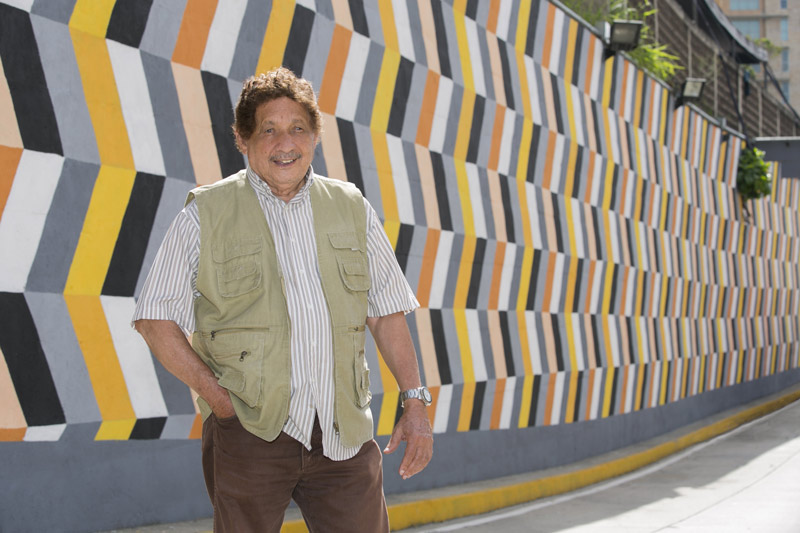
The colors, lines and shapes, which as a whole create a reality full of visual rhythms, are presented to the spectator as a capricious game. In most cases, it is up to the spectator, as an agent of change, to activate the process of creation and reception of the work. The works and questions raised by Juvenal Ravelo propose a change in the relationship between people and artistic objects, leaving the orphan the possibility of completing a work without the presence of its interlocutor, promoting a way of creating characterized by portability and playful and participatory components.
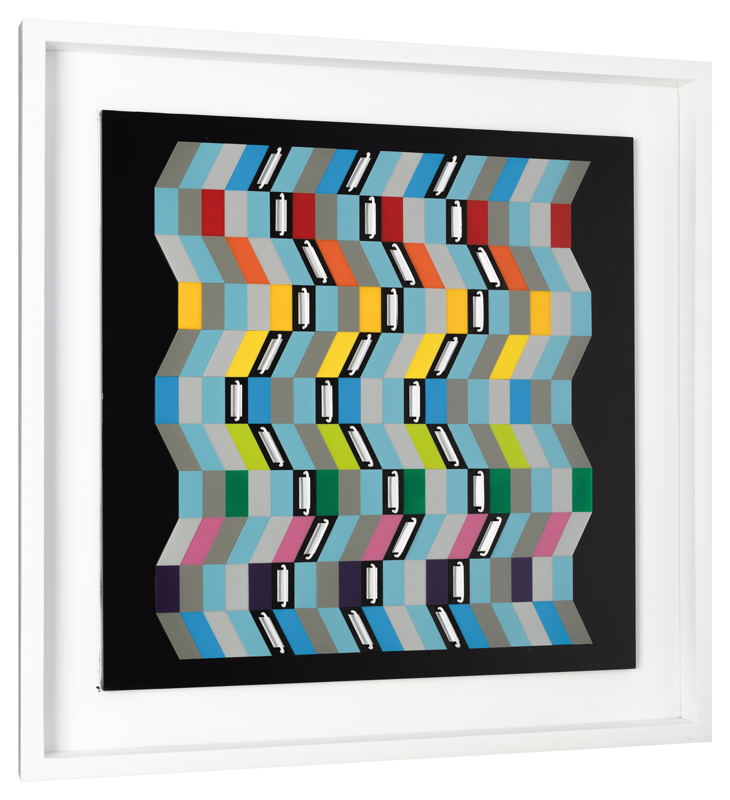
The research, the phenomena of visualization of the artistic object, the processes of fragmentation of light in his works, and his concern to teach the public the vital importance of their presence in activating the work of art, make Juvenal Ravelo one of the pioneers of Venezuelan kinetic art and a timeless artist, capable of identifying and redeeming in his art the problems of each time.

